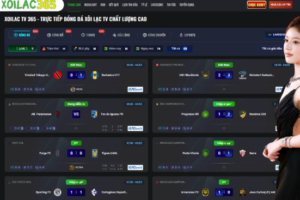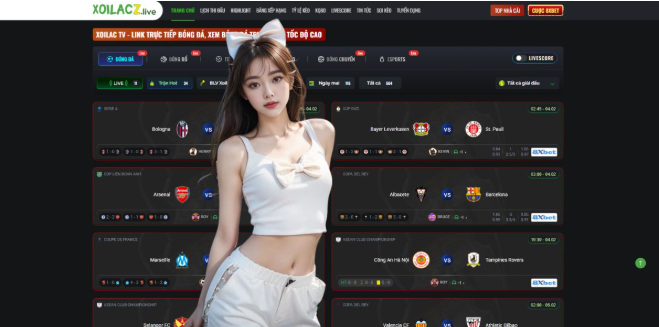The internet has revolutionized how we create and share content. While it offers a vast platform for creators, it also presents significant challenges in protecting their intellectual property. Copyright infringement, the unauthorized use of copyrighted material, can be incredibly damaging, leading to lost revenue, reputational harm, and discouragement for creators.
This article explores effective copyright enforcement strategies for the digital age, empowering creators to safeguard their work and take action if it’s infringed upon.
Building a Strong Foundation: Registration and Proactive Measures
- Copyright Registration: Copyright protection exists from the moment a creative work is “fixed in a tangible medium,” such as a written manuscript or a digital file. However, registration with the U.S. Copyright Office strengthens your legal position. Registration serves as public record of your ownership and simplifies the process of seeking statutory damages in case of infringement.
- Copyright Notices: While not mandatory, including a copyright notice on your creations acts as a deterrent to potential infringers. A simple copyright notice typically includes the copyright symbol ©, the year of creation, and your name as the copyright owner.
- Documenting Your Creative Process: Maintaining dated records of your creative process, such as sketches, drafts, and emails, can be invaluable evidence in establishing your ownership and the originality of your work.
Taking Action Against Infringement
- Identify and Evaluate Infringement: The first step is to identify instances of potential copyright infringement. This may involve searching online platforms, using copyright detection services, or monitoring industry publications for unauthorized use of your work.
- Cease and Desist Letters: Once you’ve identified infringement, a cease-and-desist letter is a formal written notice demanding the infringing party stop the unauthorized use of your work. This serves as a clear warning and can often resolve the issue without further action.
- DMCA Takedown Notices: The Digital Millennium Copyright Act (DMCA) provides a legal framework for removing infringing content from online platforms. Many platforms, like YouTube and social media sites, have established procedures for submitting DMCA takedown notices. These notices require specific information about the copyrighted work and the infringing content.
- Legal Action: In cases of serious or persistent infringement, legal action may be necessary. Consulting with an intellectual property attorney will help you determine the best course of action and navigate the complexities of copyright litigation.
Considerations for Leaked Content
Copyright infringement can also occur through leaks of confidential or unreleased creative work. For creators who rely on subscription services like OnlyFans, leaked content can be particularly damaging. In such cases, the strategies outlined above still apply. However, the urgency to remove leak onlyfans content is often higher.
- Timely Action: The quicker you act to remove leak content, the less damage it can cause. Many platforms have procedures for expedited takedown requests in cases of leaks.
- Content ID Systems: Some platforms offer “Content ID” systems that allow creators to register their work for automatic detection and removal of unauthorized copies.
- Specialized Services: Companies specializing in leak content removal can assist in identifying leaks, issuing takedown notices, and even pursuing legal action.
Conclusion
Copyright enforcement requires vigilance and a proactive approach. By implementing the strategies outlined above, creators can significantly reduce their risk of infringement and take decisive action if their work is misused. Remember, copyright is a valuable right that empowers creators to control their work and benefit from their creativity. For additional resources on copyright protection and leak content removal, consider consulting with an intellectual property attorney or a service specializing in leakcontentremoval.com.















